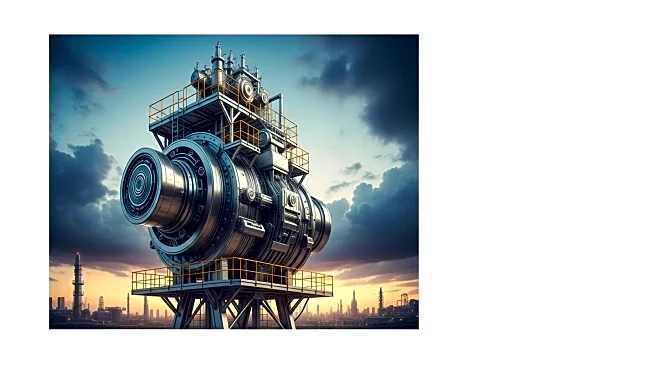What's Happening?
A recent report by Enverus Intelligence® Research (EIR) highlights the potential impact of Illinois' ban on carbon storage beneath the Mahomet Aquifer on carbon capture, utilization, and storage (CCUS) projects. The regulation affects three projects with a combined storage capacity of 5.6 million metric tons per annum (mtpa). Analyst Brad Johnston from EIR notes that this decision raises concerns for similar projects in other regions with EPA-designated sole source aquifers, such as Louisiana. If Louisiana were to implement a similar ban, it could jeopardize 58 mtpa of storage capacity across 17 projects and 11 operators, which represents a significant portion of the Gulf Coast region's and the U.S.'s total storage capacity.
Why It's Important?
The Illinois regulation poses a significant challenge to the advancement of CCUS technology, which is crucial for reducing carbon emissions and combating climate change. The potential extension of such bans to other regions like Louisiana could severely limit the U.S.'s ability to store carbon emissions effectively. This could hinder the country's efforts to meet climate goals and reduce its carbon footprint. The affected projects are vital for the energy transition, and their disruption could have economic implications for the operators and the regions relying on these projects for environmental and economic benefits.
What's Next?
The situation in Illinois may prompt other states with similar aquifer conditions to reconsider their regulations on carbon storage. Stakeholders in the energy and environmental sectors will likely engage in discussions to address the regulatory challenges and explore alternative solutions for carbon storage. The outcome of these discussions could influence future policies and the viability of CCUS projects across the U.S.











